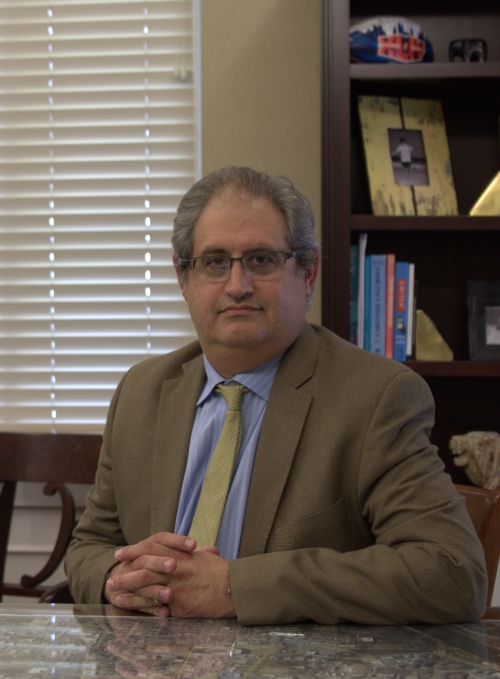
In 2020, everything changed.
The COVID-19 pandemic upended our world and in the year since has had an overwhelming impact – cutting short the lives of more than 500,000 Americans, throwing the economy into crisis and disproportionately hurting communities of color.
Face masks and social distancing became the norm, students had to learn remotely, and employees were told to work from home. University Medical Center physicians and clinic staff confronted a new, infectious disease as they cared for patients and instructed medical students and residents through their first pandemic.

The College of Community Health Sciences was asked to lead The University of Alabama’s response to COVID-19. We tested students, faculty and staff, conducted sentinel testing on campus and cared for symptomatic and exposed students in quarantine housing. UMC implemented protocols to safely care for patients, triaging at clinic entrances, in cars and over the phone, and ramping up telemedicine so patients could receive care without having to physically come to UMC. CCHS media interviews and UMC Town Halls kept the community informed about the virus with accurate and timely information. We prepared to receive vaccines and by mid-March 2021 had inoculated nearly 70% of UA faculty and staff.
Also in 2020, CCHS acquired Brewer-Porch Children’s Center from UA’s College of Arts and Sciences and work began to enhance and expand services.
Brewer-Porch provides behavioral health care for Alabama children, adolescents and their families and, under CCHS, will also serve as a learning and research site for UA students and faculty.
CCHS partnered with UA’s Office of Research and Economic Development and Alabama Life Research Institute to recruit a team of pre-eminent biomedical sciences researchers to UA and the College. The team, with major National Institutes of Health grant funding and a solid track record in oral drug discovery, will propel basic sciences and translational research at CCHS.
Plans were developed for UA’s MRI Research Center at UMC, which will allow researchers from psychology, health sciences, communicative disorders, education and engineering to collaborate on research about the human brain and its development. We continue to fill our Primary Care Track class, a four-year MD program at CCHS for students interested in primary care careers and the only one of its kind at the UAB School of Medicine.
Though not new to us, the pandemic starkly revealed the disproportionate burden of disease on minority and rural populations. We opened UMC-Fayette in early 2021 to provide pre-natal care in an area with high infant mortality rates. UMC locations providing needed primary care are planned in Carrollton and Livingston, Alabama, in 2021 and 2022, respectively.
To give UA students access to expanded health care services, including gynecological and women’s health, neurology, sports medicine, endoscopy, endocrinology and hospital-based care, the University’s Student Health Center merged with UMC in 2021.
And early this year we implemented an expanded and enhanced strategic plan to guide our efforts, and a new mission statement: We are dedicated to improving the health of individuals and communities in rural Alabama and the Southeast region through leadership in medical and health-related education, primary care and population health; the provision of high-quality, accessible health-care services; and research and scholarship.
We accomplished a lot in 2020 but there is still much to do. We continue our work as we eagerly await post-pandemic life.

Dr. Richard Friend
Dean, College of Community Health Sciences